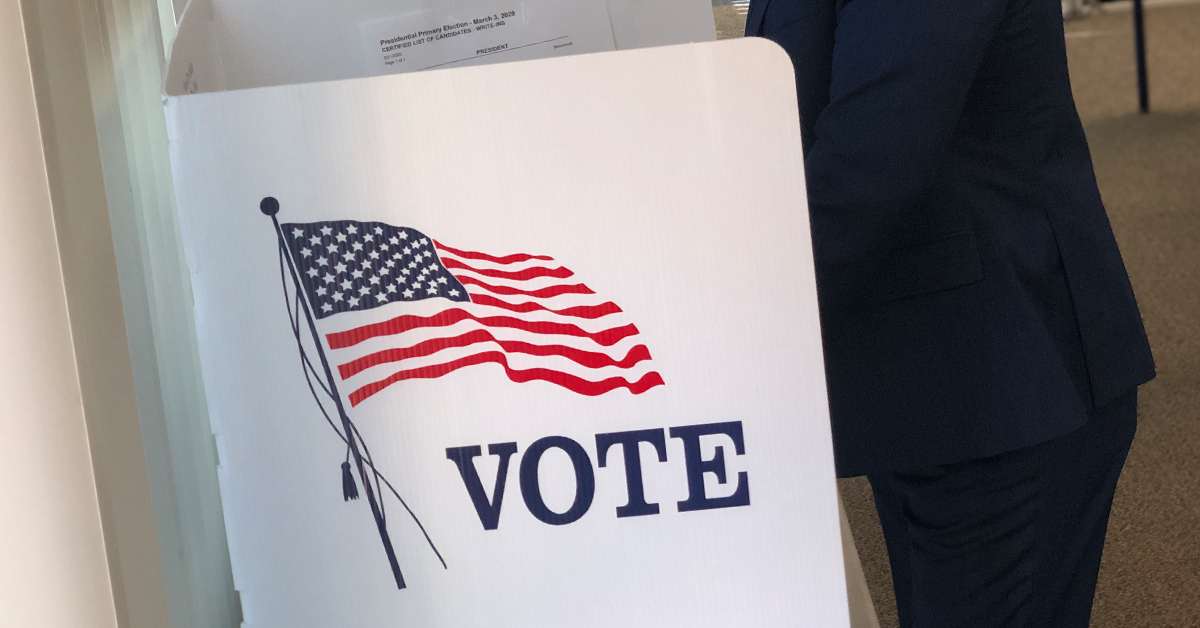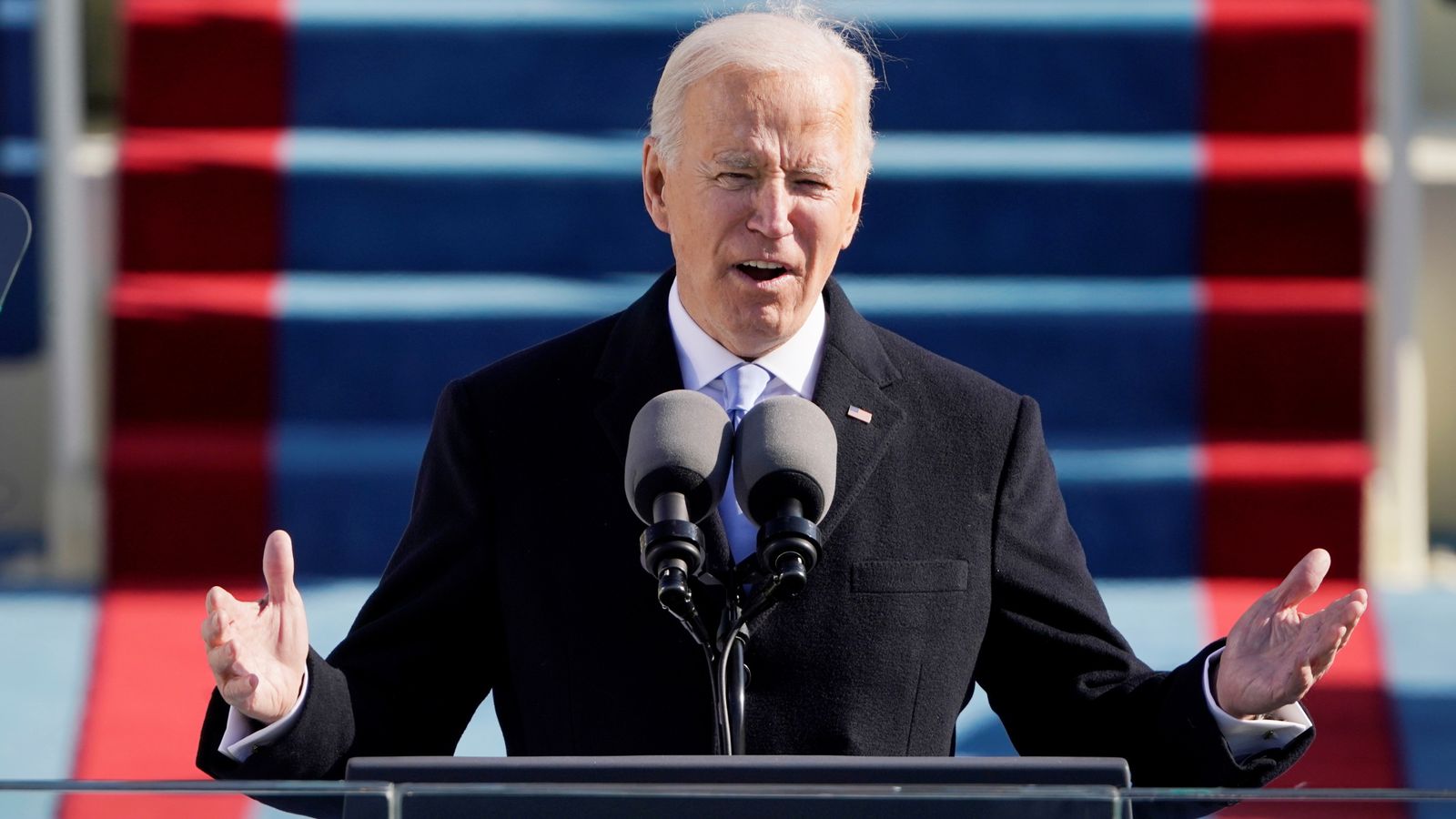A hearing by the House Committee on Natural Resources Subcommittee on Oversight and Investigations explored how China is moving toward dominating the world trade of primates, which would allow the nation to potentially control the pipeline for vaccines, medicines and treatments.
Tuesday’s hearing was spurred by an illegal espionage operation conducted by the U.S. Fish and Wildlife Service (USFWS) in Cambodia that resulted in a Chinese national receiving over $200,000 from the government with ultimately nothing to show for it.
The backstory: Earlier this year, Cambodian official Masphal Kry was acquitted in the U.S. District Court for the Southern District of Florida in a primate smuggling case.
- The case, which was called “Operation Long Tail Liberation” by the USFWS, revealed the government paid a Chinese national informant nearly $225,000 and relocated his family to the United States.
- The USFWS conducted illegal surveillance operations in Cambodia, including having the informant install spyware on a computer in Cambodia to allow the agency to watch surveillance cameras. The Cambodian government had no knowledge of the operation.
- Kry – the deputy director of the Department of Wildlife and Biodiversity for the Cambodian Forestry Administration – had been arrested in New York City in November 2022 on charges of smuggling hundreds of long-tailed macaques into the U.S. in 2018, worth over $660,000 in total.
- Chinese national Veng Lim Yeung worked at a primate facility in Cambodia and approached an animal rights group, which connected him to the USFWS to become an informant.
- He admitted in court to smuggling hundreds of wild-caught monkeys while acting as an informant.
- Kry was ultimately acquitted by a Jury in March, proving Yeung’s work as an informant to be worthless.
The big picture: In June, House Committee on Natural Resources Chairman Bruce Westerman and Subcommittee on Oversight and Investigations Chairman Paul Gosar sent a letter to USFWS Director Martha Williams to open an investigation into Operation Long Tail Liberation.
- As part of the investigation, Tuesday’s hearing allowed Congress to question USFWS to dig into the operation.
Why it matters: Long-tailed macaques are a type of old world monkey used in medical research in the U.S. and require special permits to be imported.
- Dr. Chris Abee, professor emeritus at the University of Texas MD Anderson Cancer Center, spoke to the committee about the importance of having primate available for research.
- “Almost every major drug that we use today, and it has been developed over the last 20 to 30 years, at some stage in the process of developing that drug, non-human primates were needed very often,” Abee said.
- He added that if animal rights groups received their wish and had primates banned from all research and testing, new treatments and medicines would “either be delayed or would never occur.”
China’s dominance: Paul Pelletier, an attorney for WorldWide Primate, Inc. and a former federal prosecutor told the subcommittee that the unlawful conduct of the USFWS “was nothing short of a misguided effort to obstruct the importation and transportation of non-human primates for critical medical, bioscience, vaccine and drug research.”
- He said the ripple effects of the operation have undermined conservation efforts and pushed critical research operations to foreign countries – notably China.
- Abee said the COVID-19 pandemic placed enormous pressure on domestic primate research resources. But China, the United States’ primary source of imported primates, halted exports to the U.S., increasing the cost of the monkeys from $5,000 to as much as $50,000 each.
- “The U.S. leads the world in biomedical research, but our country’s leadership is fragile,” Abee said. “China has openly expressed its intention to replace the U.S. as the world leader in biomedical research. They have built primate research centers with capacity surpassing the U.S. and have no restrictions on primate use in research.”
- Asked about the consequences if China ends up dominating the medical research sector, Abee spoke to how China has invited American scientists to come do research and have them done under the Good Laboratory Practices Act in order for them to be recognized by the Food and Drug Administration.
- “But if you do a regulated study in China at a test facility in China, you have to provide what is called a certificate of analysis to the test facility,” Abee said. “You are forfeiting your intellectual property when you do that. They are supposed to keep it confidential, but there is great concern that intellectual property is in jeopardy when a test facility in China carries out the research. So with that, it means that we would be forfeiting the development of new drugs in the United States in order that they be carried out in China.”
- Pelletier also spoke to the idea of classifying Long-tailed macaques as endangered.
- “There is no government in the world on God’s green earth, including the United States, which recognizes macaques as endangered in any way, number one,” Pelletier said. “Number two, wild caughts are absolutely permitted to be imported into the United States if, in fact, they’re probably declared as wild-caught on the importation papers. And number three, IUCN (international Union for Conservation of Nature) has agreed that they’re reevaluating their finding of endangered so what the actions of Fish and Wildlife Service have done here have actually forced more wild caught to be shipped to the United States, because we can’t get captive bred out of Cambodia.”
Watch: Watch the hearing here:











